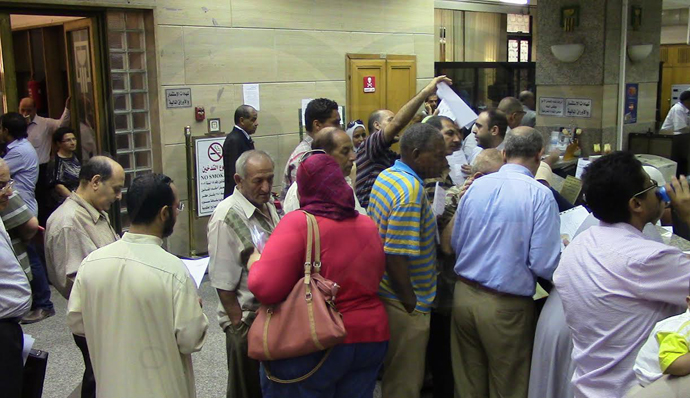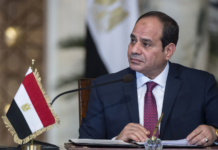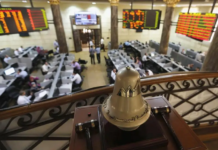Foreign investors will have the right to transfer their profits abroad and liquidate their activities in accordance with the regulations set by the Central Bank of Egypt
Foreign investors shall have the right of residence in Egypt during the duration of the project.
The goods and materials exported or imported by the free zone projects will be
exempted from taxes and customs duties.
The customs duties on machinery, equipment and devices will be reduced to 2% instead of 5%
The Middle East Observer has obtained the new initial draft investment law issued on 13 October 2015 submitted by the Ministry of Investment to all ministries and business organisations last week. The draft includes 139 articles and a number of substantive amendments to the law No.(17) Of 2015 in addition to a number of customs and tax incentives dedicated to some investment sectors and areas.
The ministry of Investment has changed the name of the draft law to “the investment regulations and incentives” instead of the investment guarantees and incentives, and has changed the “one-stop shop” to the “investment window” as well.
The ministry has remained responsible under the new law for allocating lands and has asked the Land Allocation Authority and its institutions to provide it with detailed maps within three months after the passing of this law in cooperation with the National Centre for Planning State Land Uses.
The GAFI will be responsible for examining investors’ submissions for approval using the investment window within one month from the date of submission. The GAFI’s board of directors will choose the government bodies and public utilities management companies that will be included in the investment window.
The draft has amended the authorities responsible for pricing lands to include the General Authority for Tourism and Development rather than the Egyptian General Survey Authority, the General Authority of Government Services and the Higher Committee for Pricing State Real Estates as well as the New Urban Communities Authority.
The draft law included reducing customs tax imposed on all imported machinery, equipment and devices by 2% instead of 5%, which was included the law No. 17 of 2015.
The draft law stipulates that without prejudice to benefits and tax exemptions contained in any other law, the labour-intensive and strategic investment projects, such as companies operating in fields of sophisticated modern technology, will be progressively exempted from the tax on commercial and industrial profits or tax on the finance company profits for five years from the date starting activity.
The draft stipulated that the usufruct right license awarded to the investment lands would be extended for a period of not more than 50 renewable years instead of 30 years.
The draft has authorized the GAFI’s board of directors to re-apply the free zones system at the request of the GAFI’s head provided that each zone will have one or more investment projects in similar fields when required.
The draft law stipulated that no goods imported or exported by the free zone projects in order to start operation would comply with export and import regulations and customs procedures. These goods will not also be subjected to customs tax, value-added tax and other taxes and duties.
The draft law has given the foreign investors the right to transfer their profits abroad and liquidate their activities in accordance with the regulations set by the Central Bank of Egypt. It has also given the foreign investor the right of residence throughout the project and has required all administrative authorities not to intervene in pricing of products and services of the investment project or determining its profits.
The draft law stipulated that no hazardous materials and waste would be imported into the free zones for transfer, disposal or burial purposes.
The draft law has dedicated a chapter to the Supreme Council for investment and its terms of reference. Moreover, it stipulated that all decisions of the council would be binding to ministries and relevant legal persons.
The draft law has authorized the GAFI to establish or be a stakeholder in a company to implement its plan to promote offered domestic and foreign investment opportunities. The draft law has required the investor whose paid-up capital are more than EGP 10 million to allocate not less than 1% of his/her annual profits in order to develop a community development system.












